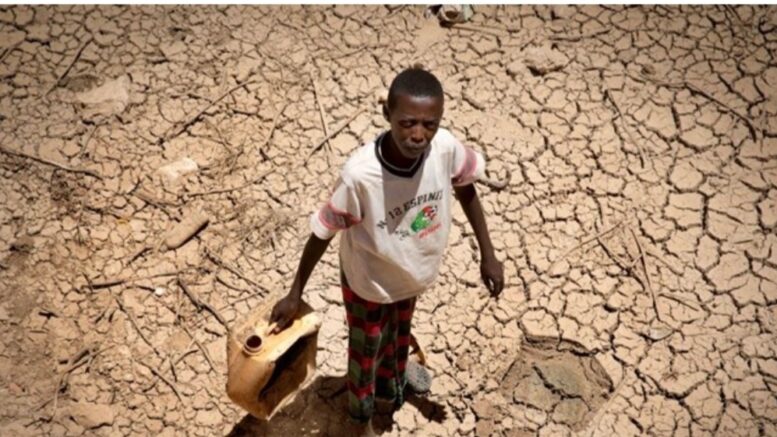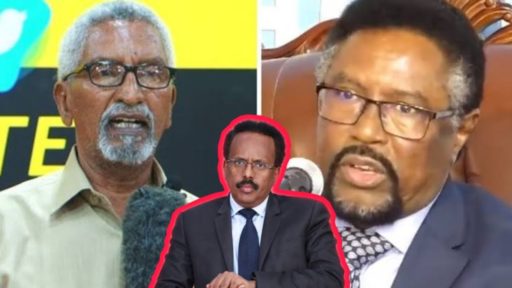Share the post "Somalia and COP27: Youth-Led, Climate Mitigation and Climate Adaptation Measures"
In November 2022, between the 6th and the 18th, the Government of the Arab Republic of Egypt will host the 27th Conference of the Parties of the UNFCCC (COP 27), with a view to building on previous successes and paving the way for future ambition to effectively tackle the global challenge of climate change…
With the Ministry of Youth and Sports taking the lead, the Somali government should support youth-led, climate mitigation and adaptation initiatives that create sustainable future for young people and society at large. Comprising of 75% of the national population, the youth in Somalia who face chronic unemployment and lack of educational and economic opportunities, bear the brunt of the climate crisis.
Due to Somalia’s protracted civil strife that has affected women, children and the youth the most, there is need to shed light on the interlinkages between climate, youth, peace and security. As such, we advocate for climate solutions that address peace, security and development while empowering the youth in advancing the UN’s Sustainable Development Goals (SDGs).
Like other youths around the world, the Somali youth have inherited the consequences of climate crisis that the older generations around the world have passed on to them. As a first line of action, the Ministry will support youth-led initiatives across Somalia as well as incorporate into policy programs, youth-inspired and youth-owned climate action plans to be acted upon locally. Overall, climate finance will be critical in supporting youth-led initiatives aimed at building resilience, meeting emission targets and attaining long-term sustainability goals.
Sectoral Priorities for Somali Youth
Being the largest segment of the Somali population, the Youth are well placed as the best tool to combat the effects of climate change. They should play a key role in critical sectors and partake in climate measures in agriculture and livestock such as the switch to smart agriculture, adaptation to drought resistant crops and organic farming. In terms of livestock, the youth can play a role in promoting pastoral population awareness raising and climate education. In the water sector, the youth can engage in water conservation initiatives, improvement of provision of quality water as well as in gender mainstreaming of climate and water management. In the fisheries sector, the youth should form part of livelihood diversification in coastal communities and take action in marine pollution reduction. In terms of energy, the youth have an important role to play in the development of policy and legislative frameworks to promote clean energy solutions. When it comes to forestry, the youth can actively engage in reforestation campaigns, especially in areas prone to environmental degradation.
Engaging Youth in Climate Action
As has been proposed in numerous global forums, there are three ways in which governments, policy and community leaders as well as international organizations can engage the youth for effective climate action. These include engaging and harnessing youth skills, investing in youth-led climate solutions and giving the youth a seat at the decision-making table. The Ministry is committed to making all the above actions a cornerstone of its youth focused climate mitigation and climate adaptation programs.
Harnessing Youth Skills
The Ministry will tap into actionable youth sustainability efforts by engaging them in youth-led climate action initiatives. From engagement in innovative farming techniques such as hydroponics and sustainable fish production, afforestation, tree planting and recycling, promoting responsible consumption and climate friendly lifestyles, to efficient green energy consumption, to raising public awareness, environmental community action, volunteering and more, the youth can be counted upon as drivers of change in the overall mitigation and adaptation of climate change. Apart from harnessing youth skills, the Ministry while working with other line ministries, will call for investment in climate education to help create a climate aware cadre of youth across the country. The Somali school curriculum should adequately address challenges arising from the climate crisis. More importantly, we believe that the Somali government’s job creation plans should make youth employment in the climate sector a key priority in all its national sustainability programs.




